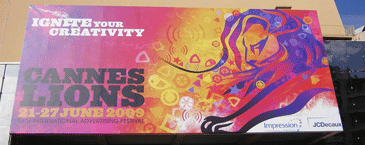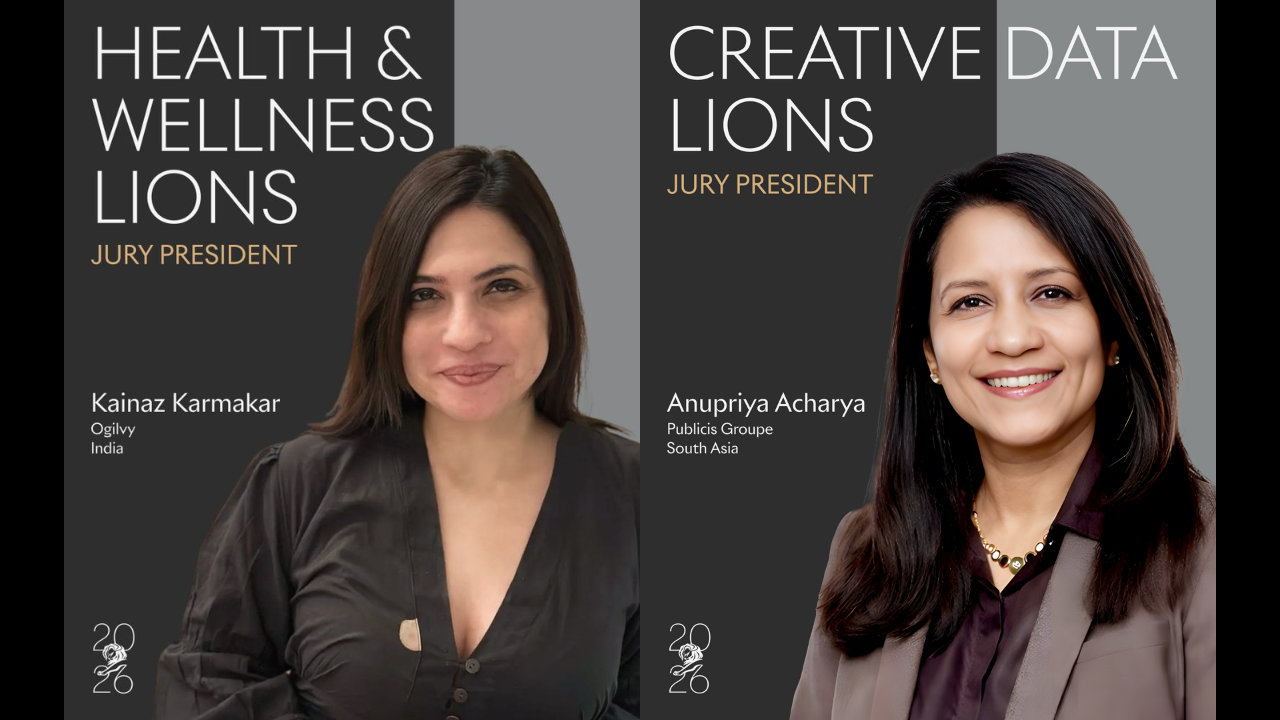The Cannes Lions International Advertising Festival has issued a statement that outlines its policy on entries into its festivals.
The communique states that "there are many definitions of "scam", and the issue is rarely black and white. As such, we want to develop a policy that is not only workable but also enforceable. The role of Cannes Lions and its associated Festivals (Eurobest, Dubai Lynx and Spikes Asia) is to set the benchmark for creativity in communications, to celebrate creativity and to reward the industry for outstanding creative work."
The statement adds, "Our role is not to come between the client and the agency; it is not to have a negative material effect on agency business; and it is not to penalise individuals from an agency who have not had any association with the work in question. Our key rules in this regard are simple: “Entries cannot be made without the prior permission of the advertiser/owner of the rights of the advertisement. All entries must have been made within the context of a normal paying contract with a client. That client must have paid for all, or the majority of, the media costs. It is our policy that when a piece of work comes into question, we request clarification or further information according to the complaint raised. If it is not forthcoming or not adequate, we withdraw the award. In future we will continue to withdraw awards that do not meet our entry criteria and announce that we have done so."
The organisers say their entry criteria will include, submitting full client details (including name, position and full contact details) and the entry must be authorised by a senior officer (creative director, CEO or chairman) from the entrant company.
The Cannes Lions organisers have stated that their checks include verifying that the client is legitimate and that the product corresponds with their portfolio. Secondly, judges are offered the opportunity to raise queries with the organisers and information is gathered accordingly throughout the judging (media schedules, client authorisation, etc.)
The statement further adds, "We believe that banning agencies from entering on a wholesale basis is unfair on blameless individuals. There are many people who work in agencies who may not be involved with an erroneous entry and therefore should not be penalised. Our policy will be to ban the individuals named on the credit list if a scam is discovered. The length and nature of the ban will be decided based on the seriousness of the case involved. We take the view that not all issues are the same and each case should be dealt with on its own merits."




